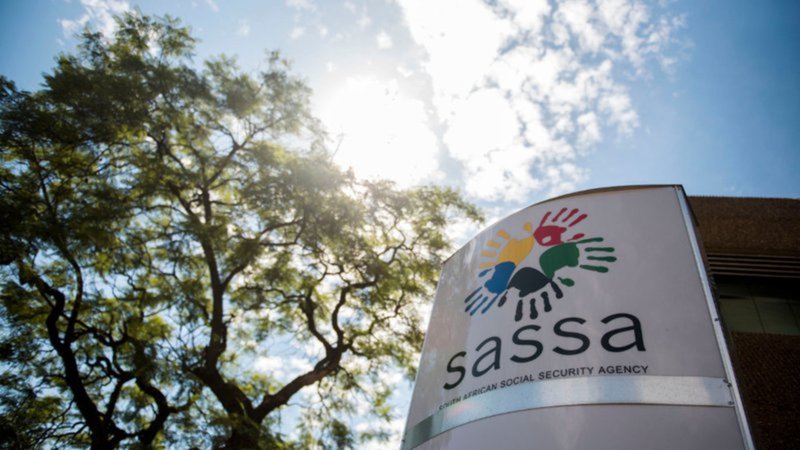News
“We Can’t Afford to Travel”: Grant Recipients Suffer Under New SASSA Verification Rules

Parliament pushes back against Treasury’s cost-cutting as rural communities are left behind
For millions of South Africans who rely on social grants to survive, a new layer of red tape is doing more harm than good. That’s the message from Parliament, as frustration mounts over SASSA’s in-person verification process, especially among the country’s most vulnerable.
Bridget Masango, chairperson of the Portfolio Committee on Social Development, has sounded the alarm over new budget conditions imposed by National Treasury measures intended to prevent fraud, but which are now threatening to exclude people from the very system meant to support them.
A Crisis in the Countryside
According to Masango, the biggest victims of the new rules are elderly and rural grant recipients, many of whom are now being forced to travel long distances, sometimes at a cost of R150 or more per trip to complete biometric and identity verification.
“People who can’t even afford bread are being asked to take taxis just to stay on the system,” she said. “We are being flooded with calls, WhatsApps, and emails from desperate communities.”
Under Treasury’s new requirements for the 2025/26 financial year, SASSA must:
-
Implement biometric authentication for flagged beneficiaries
-
Conduct cross-verification with SARS and other government databases
-
Submit quarterly reports on suspended or cancelled grants
While these steps are meant to enhance oversight and crack down on fraud, they’re disproportionately impacting poor and rural South Africans, people who are often least able to comply.
Fraud Prevention vs. Human Dignity
SASSA has defended the process, saying it’s critical to protect the system from abuse and ensure that grants go to the right people. But Masango isn’t convinced that the agency has struck the right balance.
“We support fighting fraud. But it cannot come at the cost of basic dignity,” she said. “We’re seeing delays, confusion, and distress among people who are now facing hunger and humiliation because of a bureaucratic box-ticking exercise.”
She welcomed recent increases in grant funding, R1.6 billion above inflation, as well as plans for biometric rollouts, self-service kiosks, and system upgrades, but warned that unless the Department of Social Development ensures accessibility, the poor will remain locked out.
New Oversight Measures and Political Pressure
In response to mounting pressure, the committee has now ordered SASSA to submit quarterly reports not only to Treasury, but also to Parliament. This move aims to keep a closer watch on how the agency implements its fraud prevention efforts without alienating beneficiaries.
Behind the scenes, there’s also pressure mounting on Treasury to review the real-world impact of its austerity drive, particularly in rural provinces like Limpopo, Eastern Cape, and parts of KwaZulu-Natal, where access to transport and internet remains limited.
A Parallel Crisis: Substance Abuse and Underfunding
Masango also drew attention to another social issue being neglected in the shadows: substance abuse. She expressed concern over the Central Drug Authority (CDA), which she described as “unfit for purpose.”
“How can the CDA fight a national war with no weapons? No money, no enforcement powers, no independence and we expect it to tackle addiction?” she asked, calling on the Department of Social Development to amend the Substance Abuse Act and treat the crisis with the same urgency as gender-based violence.
The frustration over SASSA’s verification process is part of a broader tension between fiscal discipline and social justice. As government departments tighten belts under Treasury’s watchful eye, it’s becoming increasingly clear that cost-saving must not come at the cost of the poor’s survival.
“We are not saying fraud must go unchecked,” Masango emphasized. “But in trying to fix the system, let’s not break the people it’s meant to protect.”
With nearly half the population dependent on some form of social support, the stakes couldn’t be higher. And for many grant recipients in rural South Africa, the difference between compliance and collapse is often just one unaffordable taxi ride away.
{Source: IOL}
Follow Joburg ETC on Facebook, Twitter , TikTok and Instagram
For more News in Johannesburg, visit joburgetc.com



























